Septic Tanks and Common Problems to Watch For
Septic tanks provide water treatment solutions for people living in homes that are not built on a centralized sewage line. According to the EPA, there are over 60 million people who use a septic system for removing and treating wastewater from their homes. It's important to understand how your septic tank works in order to prevent or spot common issues that can lead to costly repairs.
How Does a Septic Tank Work?
A septic tank uses a combination of man-made technology and nature to treat wastewater from your home. Most septic systems are composed of a septic tank and a drain field, also known as a leach field or soil absorption field.
Waste water from your home is sent through plumbing pipes to the septic tank. The septic tank is usually installed underground. The tank separates solid waste from grease, oils, and water. The solid waste floats to the bottom of the tank and is called sludge. The oils and grease float to the top and are called scum.
The wastewater between the sludge and scum is sent to a leach field further away from the home. This wastewater is called effluent. The effluent filters through the leach field and the soil treat and filters it more before it goes into the groundwater. The process recycles and allows for the removal of harmful waste and bacteria from homes.
Septic Tank Problems
When a septic tank fails, it will cause the wastewater to end up in places it shouldn't be, creating a potentially harmful and unhealthy environment. Toilets and sinks will back up. You will hear gurgling sounds from the plumbing system. There will be standing water in the drain field, accompanied by a potent smell. The most common causes for these issues include:
- Clogged Pipes - This is an easy fix. It's more of a problem with your plumbing lines than the septic tank or leach field. A professional contractor can use a snake tool to go into the drains, find the clog, and remove it. You can prevent clogs by treating your pipes with care. Don't flush anything but waste and toilet paper down your toilet, and keep chemicals, coffee grounds, hair, grease, and other objects away from your sink, shower, and bath drains.
- Clogged Inlet Baffle - The inlet baffle is the pipe where your plumbing lines from the home run into. It is where the wastewater from your home is deposited. It can become clogged just like the pipes in your home, and usually from the same causes. Again, this fix is relatively easy. You can call a septic system cleaner to take care of the issue at little cost, or you can try to use a pole to unclog the baffle yourself.
- Clogged Outlet Baffle - The outlet baffle lets the effluent drain to the leach field. Common signs of an outlet baffle clog are sewage backups in your home or pools of water forming above the septic tank. Make sure you get your effluent filter cleaned off regularly to prevent this. If there is no effluent filter, the tank will need to be pumped by a professional septic tank contractor.
- Failed Drain Field - This is one of the most severe issues you can run into with your septic tank. When the leach field fails, it will become spongy and wet. Pools of unclean water will form on the surface. A telltale sign is bright green spots in the grass on the surface of the field. It can cause sewage backups in your home and a very unpleasant smell. The drain field needs to be dried out and reset to work anymore, so call a septic tank professional, immediately.
Prevention
Preventing these problems can be done through regular maintenance and inspections of your septic system. The tank and drain field should be inspected at least once a year, and it needs to be pumped around every three to five years. Of course, if you notice signs of trouble, you should not hesitate to call.
For high-quality septic services in Florida, contact the professionals at Reliable Septic and Services. We offer 24/7 emergency services and will meet or beat the competition's price. Call today or visit our website to schedule a free estimate.
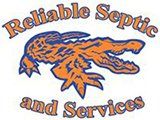
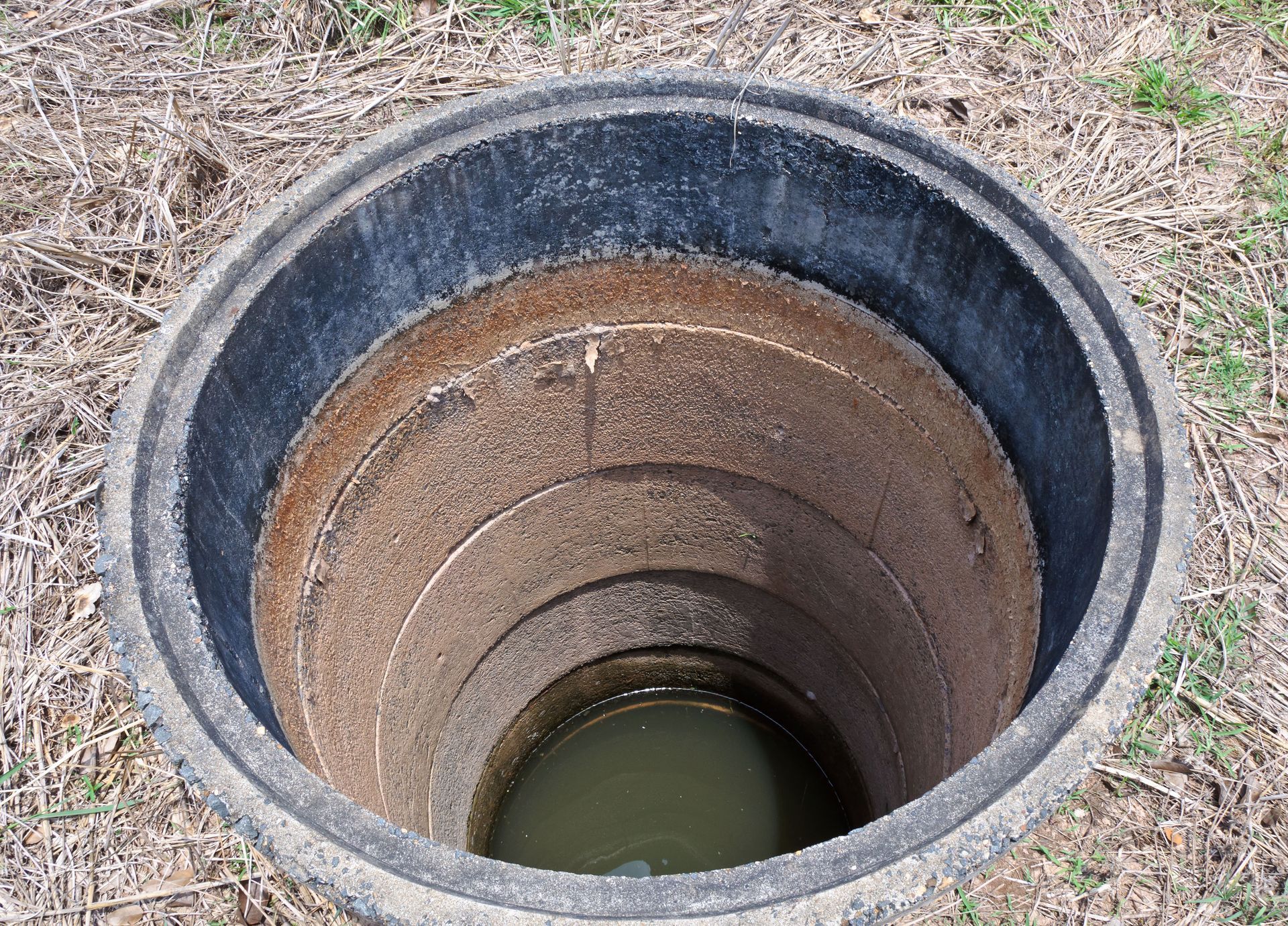
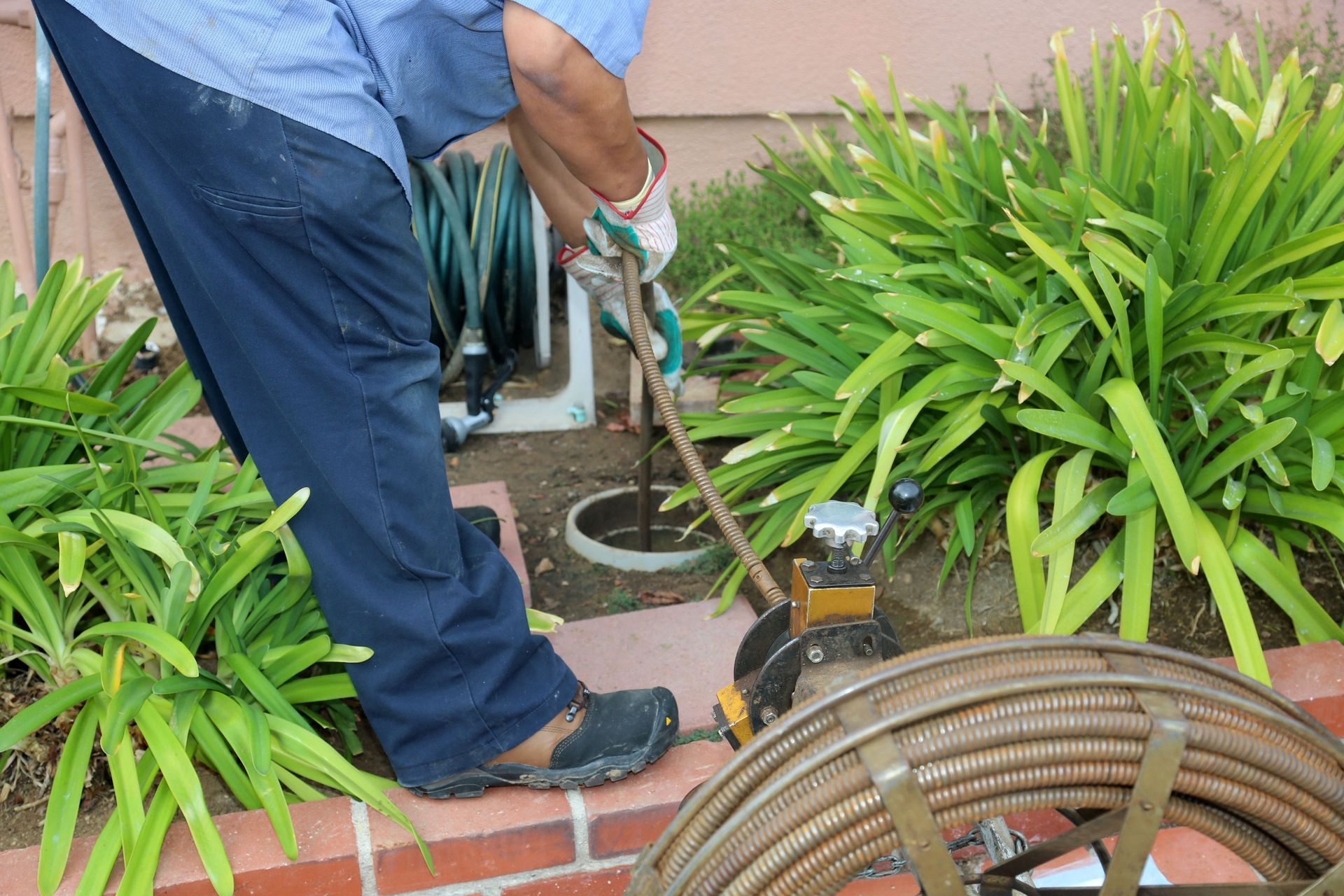
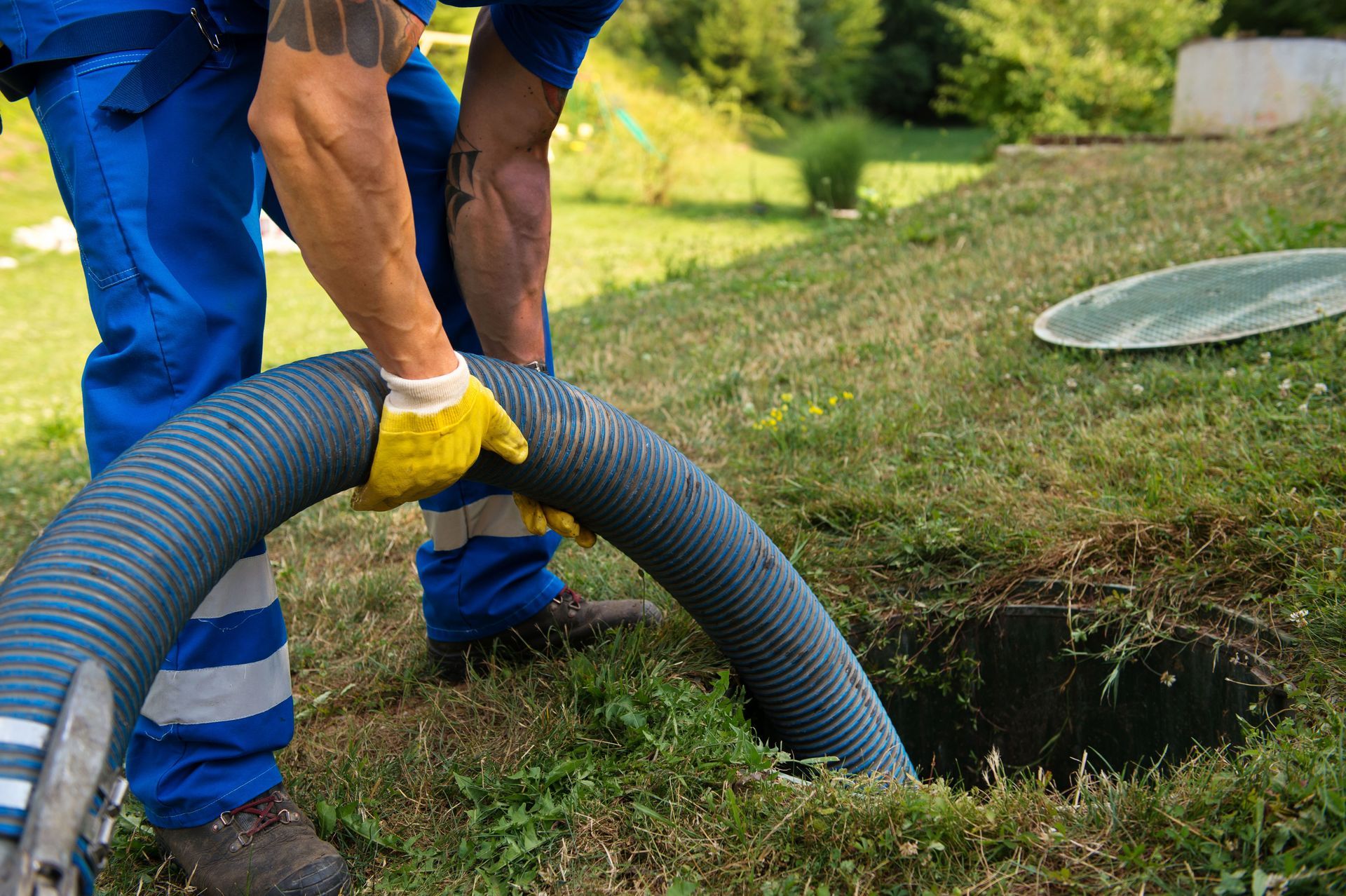
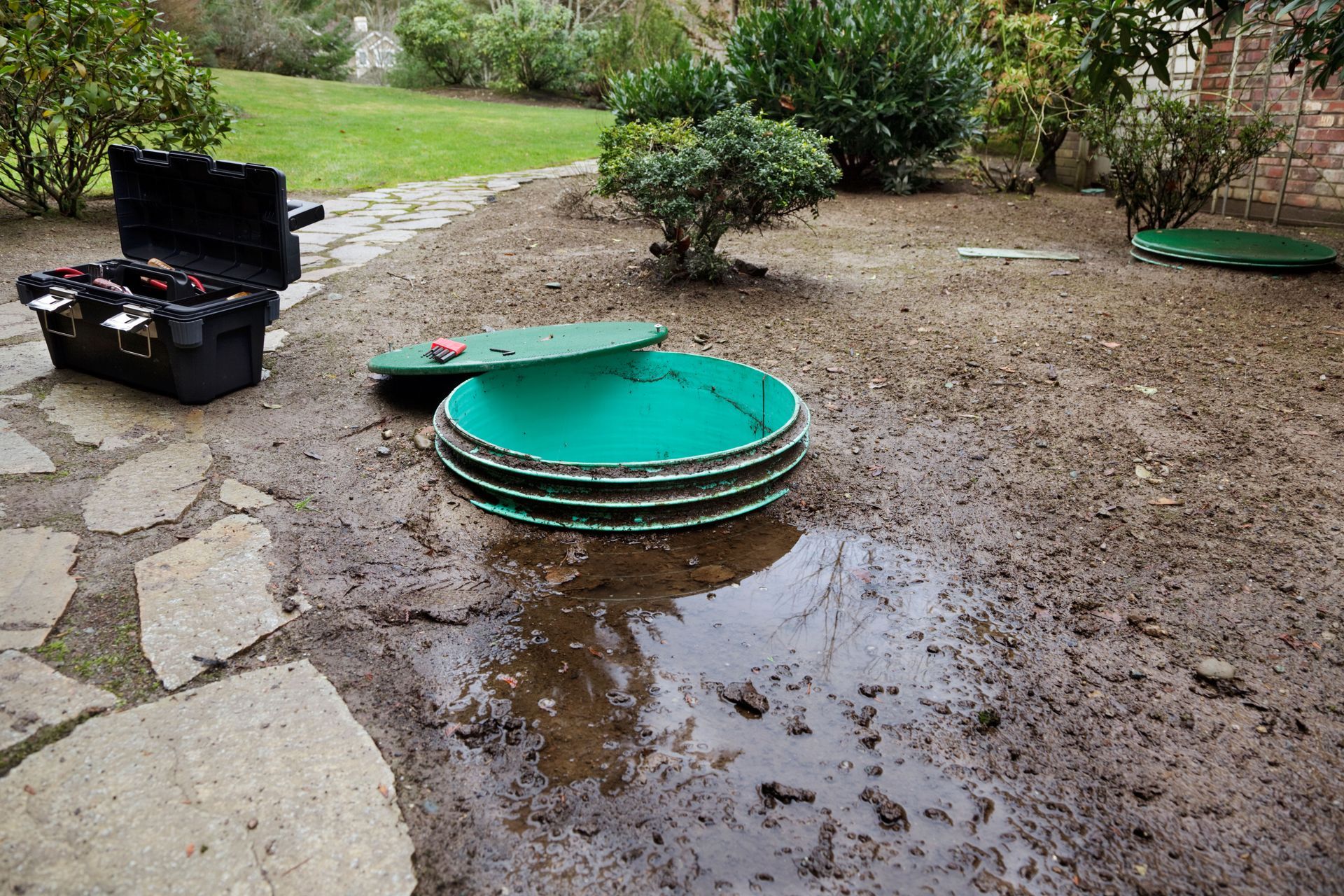
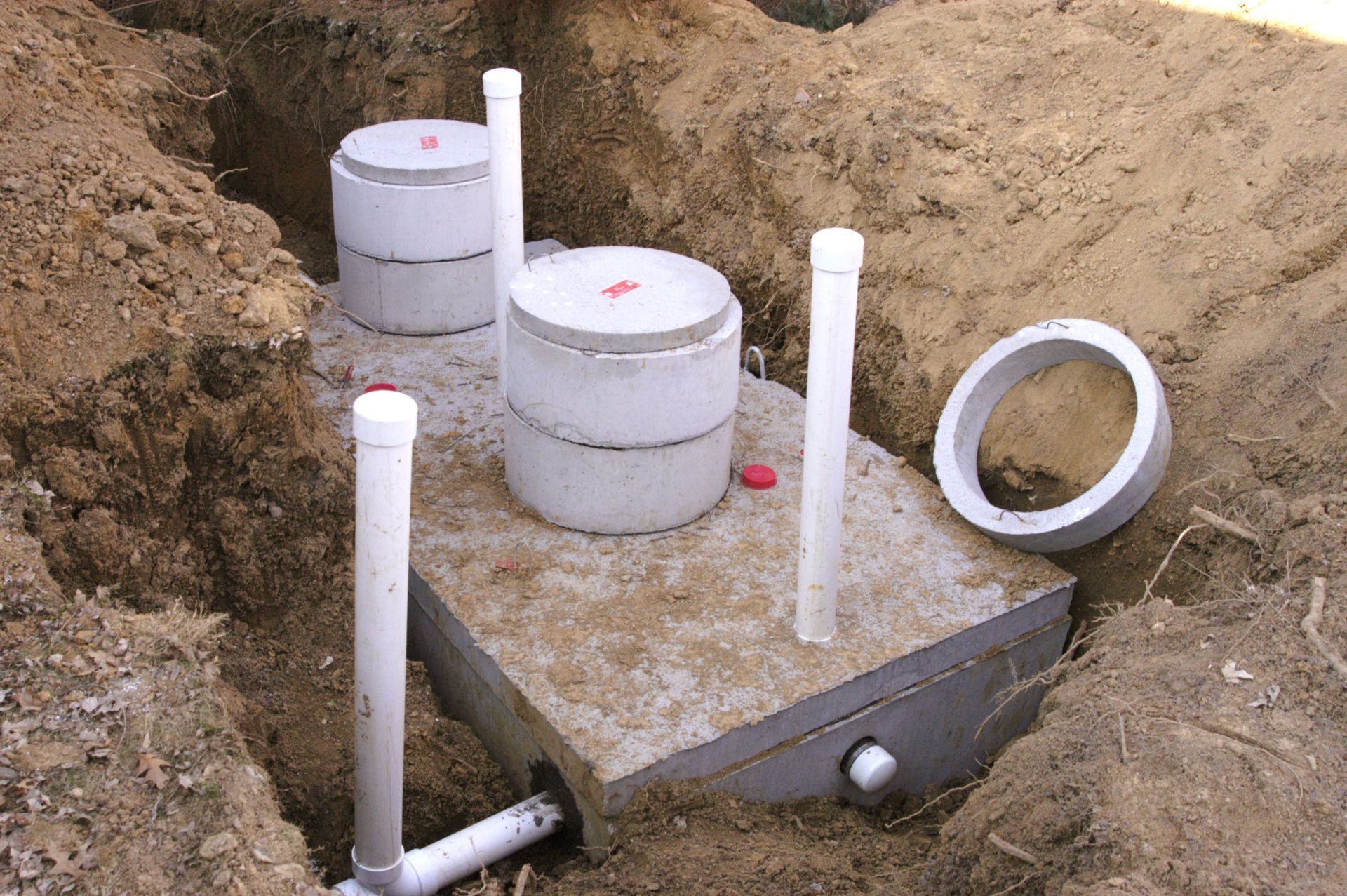
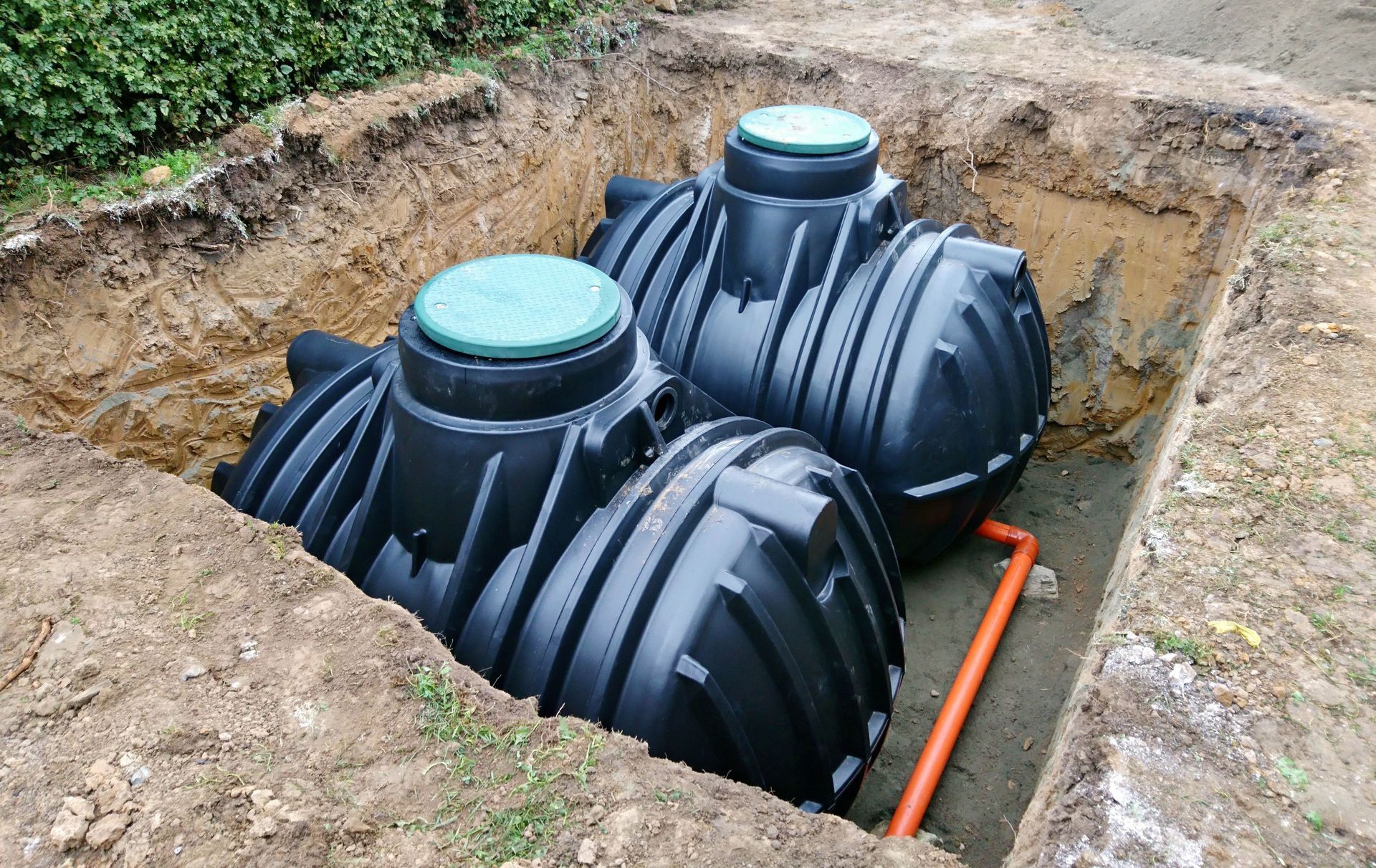
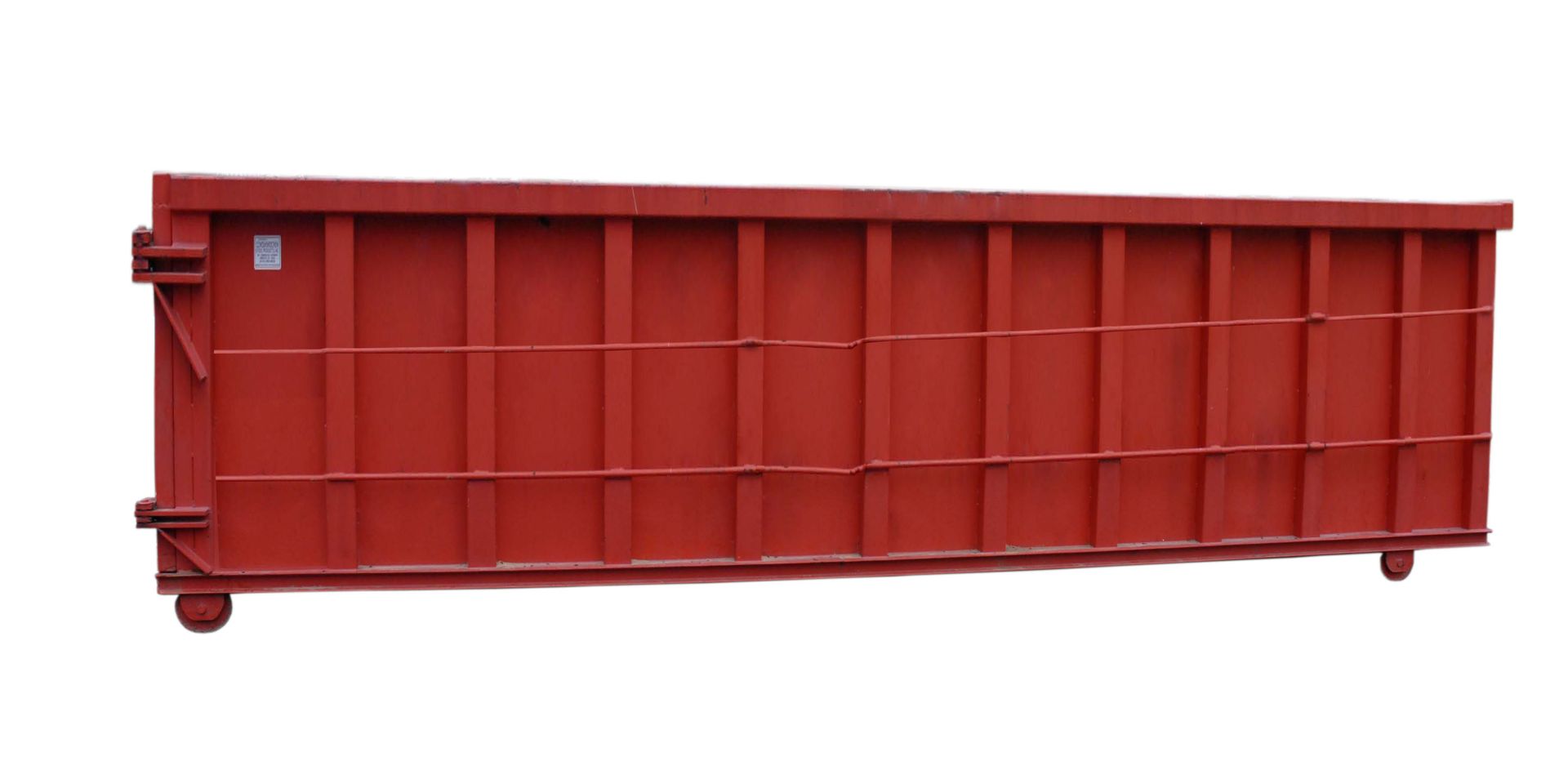
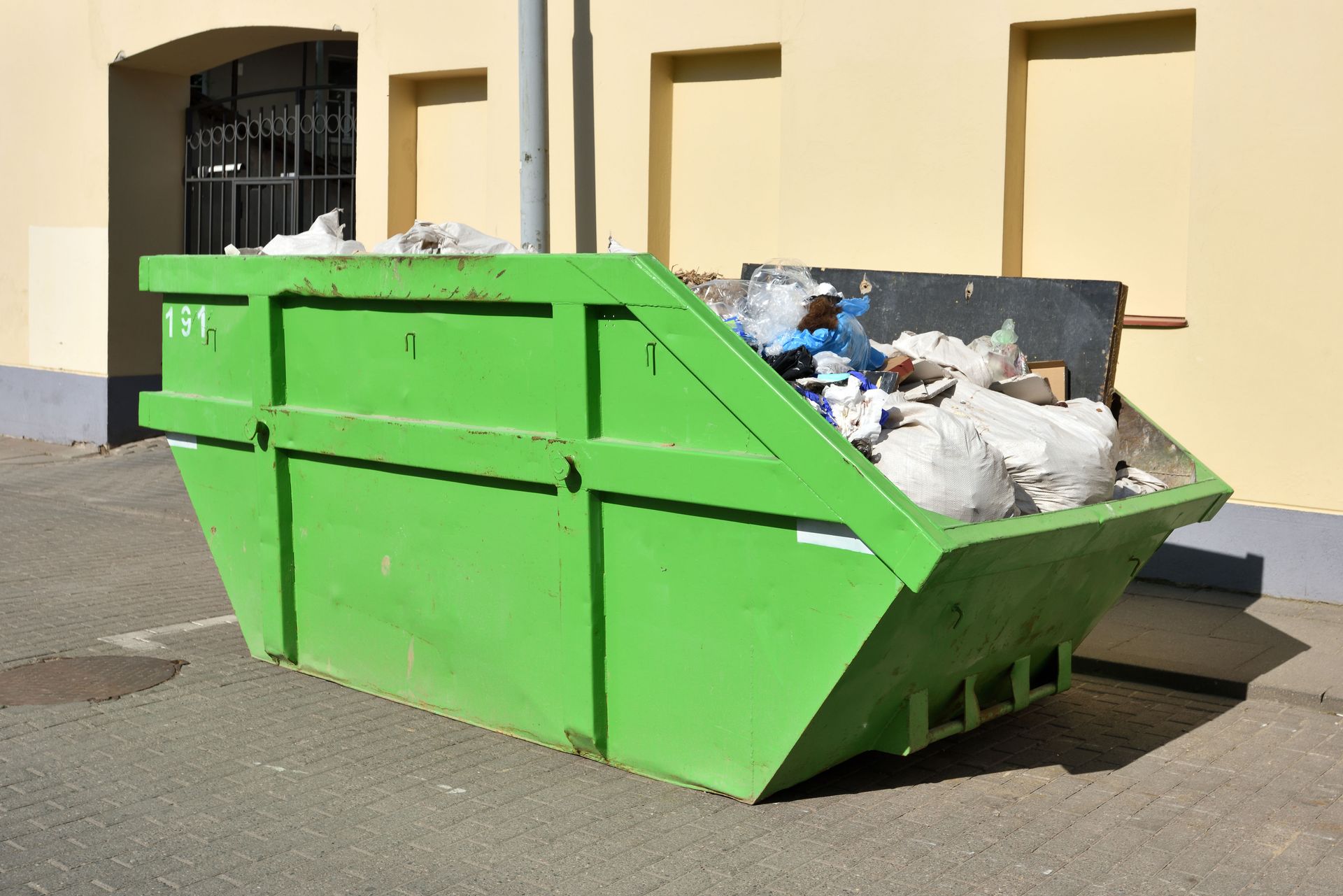
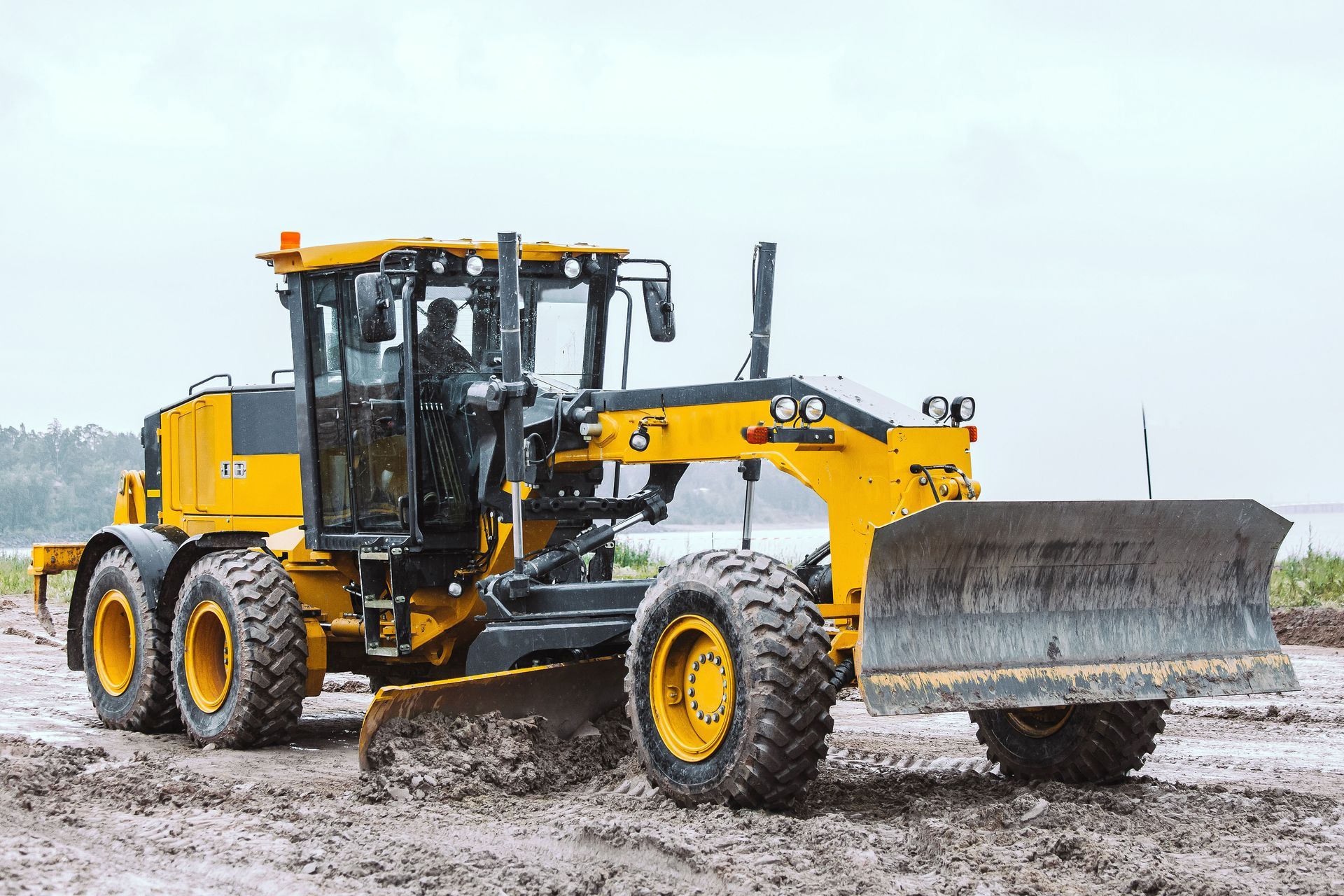
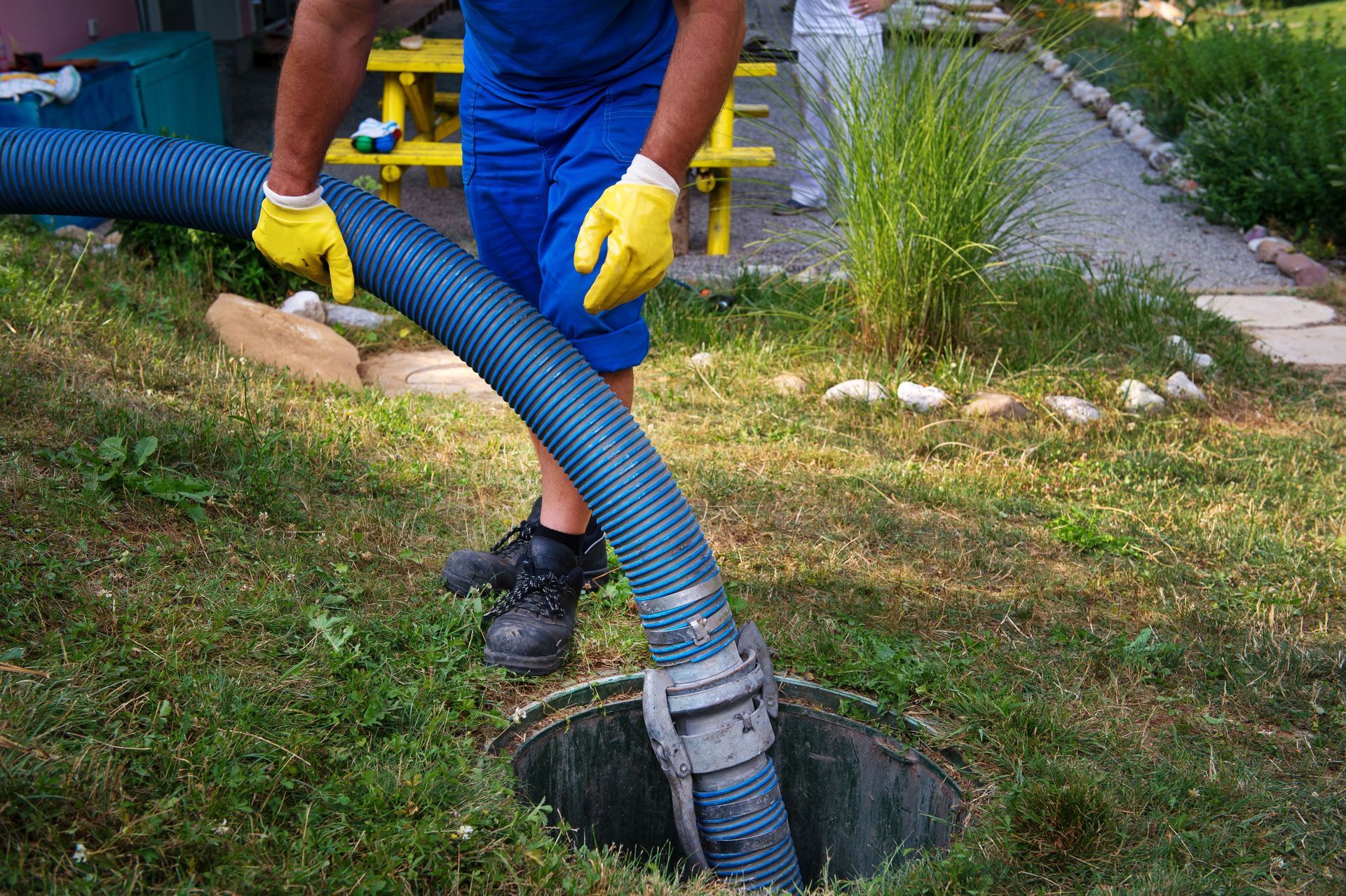
Share On: